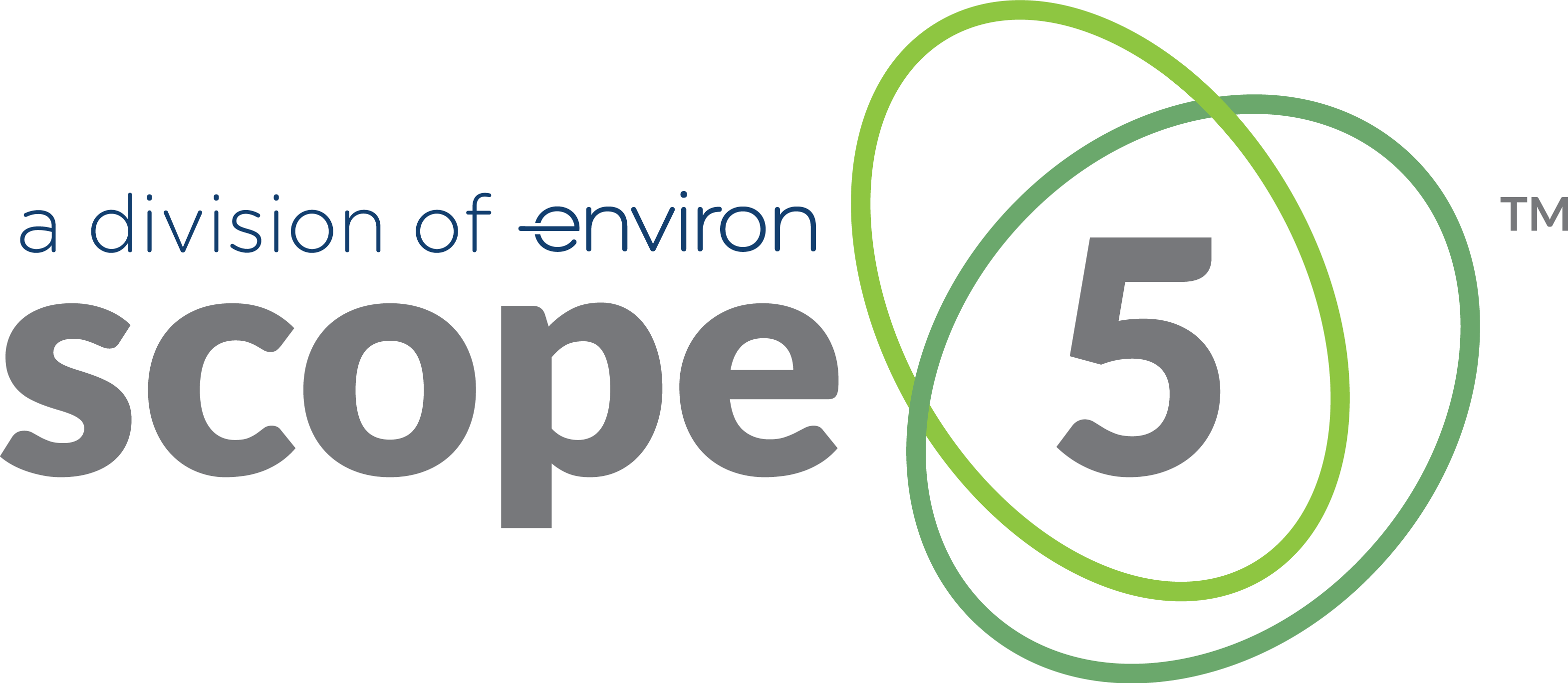I just read Jane Kleeb vs. the Keystone Pipeline in the New York Times magazine. It talks about how Jane Kleeb has galvanized a group of Nebraskan farmers and ranchers to oppose the Keystone pipeline. What is striking about this story is that this is a group of stakeholders that is traditionally very conservative and yet here they are being ‘environmentalists’.
But are they being ‘environmentalists’ or are they being ‘humanists’?
This article reminds me of a seminal essay published in 2004 called The Death of Environmentalism. The essay challenges our deeply entrenched way of thinking, which pits environmentalists against farmers, against industry, against ‘the right wing’. The essay posits that the ‘solution’ to those problems we have been calling ‘environmental’ (such as climate change) lies in changing the framing of the problem to recognize that it is a human problem that impacts us all, regardless of label or political leaning. Environmentalism is not a special interest, separable from others.
Why, for instance, is a human-made phenomenon like global warming — which may kill hundreds of millions of human beings over the next century — considered “environmental”? Why are poverty and war not considered environmental problems while global warming is?
— from The Death of Environmentalism by Michael Shellenberger and Ted Norhaus
Over the years I see how prescient this essay was, how truly this is everybody’s issue. I see it when Scope 5 signs a large industrial corporation such as Terex as a new customer. I see it when I hear leaders of large enterprises talking about their efforts at the Sustainable Brands conference. I see it when I read about Mark Tercek, now head of the Nature Conservancy, persuading Dow Corporation to save money while saving the environment. I see it when Obama warns Westpoint cadets that climate change will increase the number of armed conflicts.
These are all examples of unlikely constituents coming together to address problems that heretofore were considered ‘environmental’. They give me hope.
